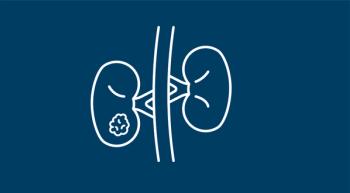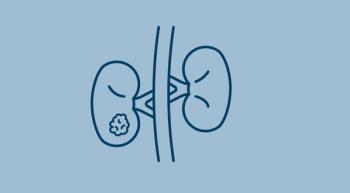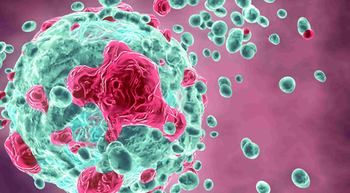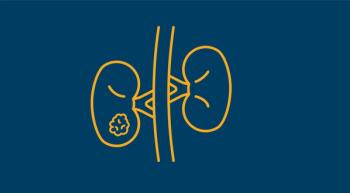
There have been reports of T-cell malignancies among patients who have undergone CD19- or BCMA-directed autologous CAR T-cell immunotherapies.

There have been reports of T-cell malignancies among patients who have undergone CD19- or BCMA-directed autologous CAR T-cell immunotherapies.

Sotorasib plus panitumumab showed consistent efficacy across key subgroups of patients with metastatic colorectal cancer.

Patients with synchronous metastatic renal cell carcinoma experienced worse outcomes with first line immune-checkpoint inhibitors-based combinations vs those with metachronous disease.

Patients with advanced urothelial carcinoma who received avelumab reported any-grade treatment-related adverse events at a rate of 78.2%.

Patients with metastatic breast cancer who received ribociclib plus fulvestrant achieved a median progression-free survival of 18.1 months vs 5.29 months with placebo/fulvestrant.

The overall response rate with durvalumab and guadecitabine was 23% in patients with advanced ccRCC who had received 1 or fewer therapies.

After 6 months of treatment with ruxolitinib, patients with polycythemia vera experienced a significant reduction in hematocrit levels compared with baseline.

A combination of immune checkpoint inhibitor and MET-targeted therapy led to high responses in patients with MET-driven papillary renal cancer, although the regimen missed its primary end point.

Findings from a phase 2/3 trial found better disease-free and overall survival outcomes with radiation plus docetaxel vs radiation alone in head and neck squamous cell carcinoma.

First-line ibrutinib plus prednisone missed the primary endpoint in the phase 3 iNTEGRATE trial by not improving the response rate in patients with chronic graft-versus-host-disease compared with placebo plus prednisone.

Adjuvant treatment with hepatic arterial infusion chemotherapy-infused FOLFOX improved disease-free survival rates for patients with hepatocellular carcinoma with microvascular invasion.

Ibrutinib demonstrated encouraging responses for patients with relapsed/refractory mantle cell lymphoma in a real-world setting.

Among 71 patients with neuroblastoma, 48.6% achieved an objective response and 29% achieved a complete response with a 4-drug combination.

A regimen of cediranib and olaparib improved radiographic progression-free survival in patients with metastatic castration-resistant prostate cancer compared with olaparib monotherapy. However, the rate of dose reductions was doubled with the combination.

A combination of niraparib plus ipilimumab were associated with a 6-month PFS rate of 59.6%, whereas a combination of nivolumab plus the PARP inhibitor yielded a rate of 20.6%.

When combined with neoadjuvant chemotherapy, galunisertib induced complete response rates surpassing rates achieved with standard-of-care therapy in locally advanced rectal cancer.

An expert with the Washington University School of Medicine in St Louis outlines the benefit of rituximab, and other maintenance therapies, for patients with mantel cell lymphoma who are in remission.

The way in which cancer research is funded is an understudied area of health disparities, says Suneel Kamath, MD.

Nilanjan Ghosh, MD, PhD, discusses the expanded access second-line lisocabtagene maraleucel affords patients with large B-cell lymphoma.

Relatlimab, a human LAG-3 blocking antibody, plus nivolumab, elicited superior progression-free survival in patients with advanced melanoma compared to nivolumab alone.

Phase 2 trial findings indicate that cabozantinib plus nivolumab may be effective in treating patients with non-clear cell renal cell carcinoma with papillary histology.